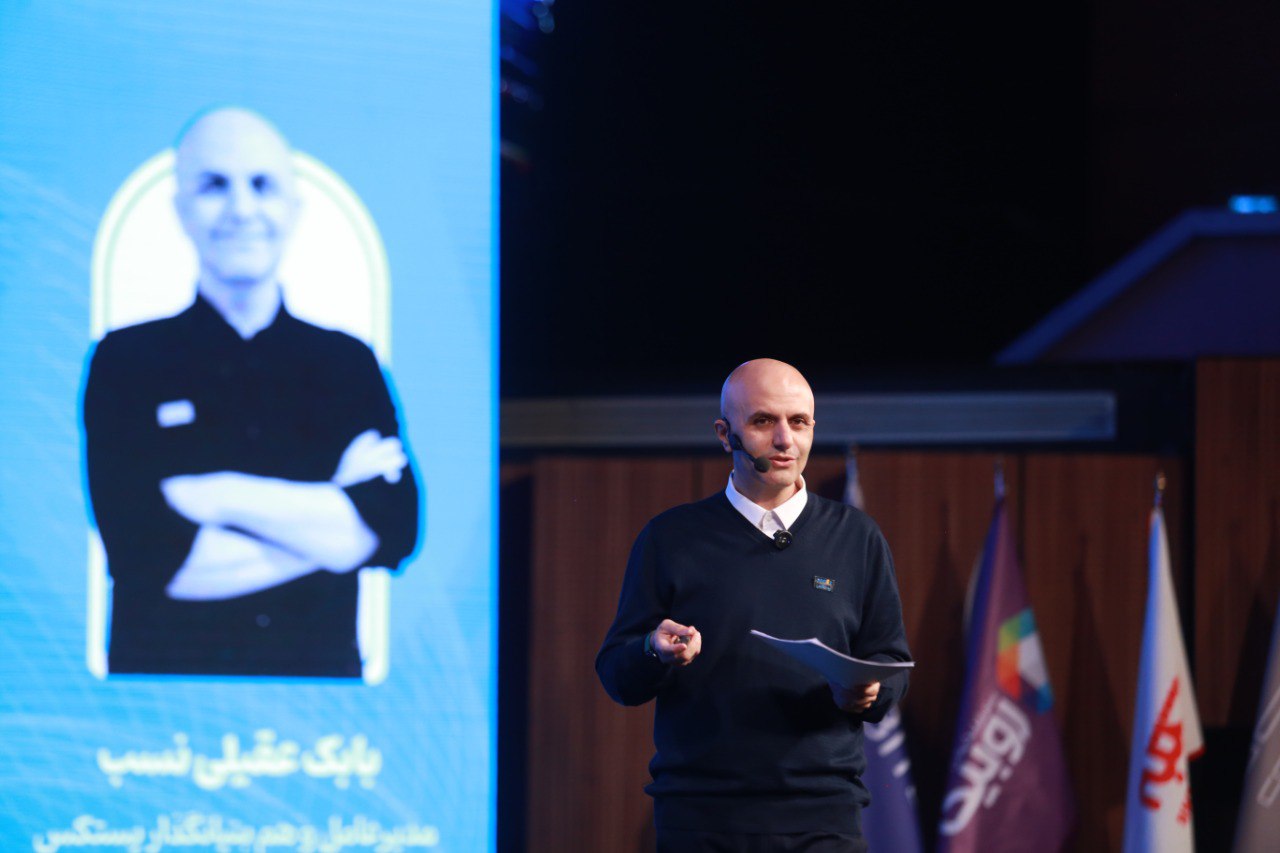Postex: Navigating Complex Logistics as Iran’s First Postal Hub
Postex, established in 2017 (96 AH), operates as Iran’s inaugural Postal Hub, providing fully online and comprehensive logistics services. The firm functions as a critical intermediary in the Iranian e-commerce supply chain, aggregating both government and private postal carriers, including Iran Post, Chapar, Tipax, Mahkes, and Peyk Hub. Co-founded by Babak Aghilinasab (CEO) and Behrang Aghilinasab, Postex positions itself as an essential technological layer for domestic and international commerce.
Operational Scale and Market Position
Postex evolved from a prior failed startup focused on construction tools, where logistical challenges led the founders to focus specifically on optimising shipping. The platform facilitates door-to-door (D2D) shipment services for applicants.
The company has demonstrated significant growth in package volume since its inception:
- 1397 (2018 CE): Postex handled approximately ten shipments.
- 1402 (2023 CE): Shipments reached 2.6 million.
- 1403 (2024 CE) Target: The company aims for 4.5 million shipments.
Postex secured first place in the “Smartening Processes and Postal Services” sub-category at the 9th National Communications and Information Technology Festival.
Business Model and Service Offerings
Postex allows users to compare all active postal services based on quality and cost before selecting the service that aligns with their requirements. The platform generates revenue through ancillary value-added services, such as packaging and collection, along with discounts received from partner postal fleets. This structure ensures that users are offered cost-effective rates based on official tariffs.
Key services provided by the hub include:
- Domestic Post: Allows customers to enter item details (weight, volume, origin) to select the optimal service provider based on transit time and cost.
- International Post: Facilitates door-to-door shipment to 180 countries globally, collaborating with multiple foreign post providers to offer fixed pricing.
- Intercity Courier (Peyk Hub): Offers collection and distribution services for businesses and shops within cities, supporting both prepaid and Cash on Delivery (COD) payments.
- Heavy Transport (Lodex): Specialised services for national shipment of heavy goods ranging from one to 22 tons, connecting customers with the nearest available transport companies.
- Tracking and Payment: Upon order registration, customers receive a postal barcode for detailed tracking, showing weight, cost, acceptance time, and sender/recipient information. The platform supports various payment options, including online, post-paid, COD, and the secure payment system, Amenito.
Technology and Infrastructure
Postex regards itself as an advanced logistics innovation center. To support its core business, the company has launched several specialised spin-offs:
- Shapex: A free store-builder targeting Instagram and Telegram shops.
- Shipito: Focuses on smart routing and optimisation.
- Amenito: A secure payment mechanism developed based on fluctuations observed in online transactions within the Postex ecosystem.
- Peyk Hub: Manages Postex’s network of representatives.
The platform operates on a data-centric model, essential for managing complexity in logistics. Postex implements Artificial Intelligence (AI) and optimisation algorithms in critical areas, such as clustering and rooting, to enhance collection and distribution efficiency. The objective of using AI is to reduce environmental costs, optimize human resources, and minimize required vehicle count. However, the company prioritizes practicality over trend, deliberately avoiding AI applications—such as image processing for calculating package dimensions—where it would introduce unwarranted expense, high resource consumption, or unnecessary delays to standardized processes.
Furthermore, Postex operates an unconventional strategy by collaborating with rivals, including those with similar platform models. The company provides its collection services in certain cities to these competitors.
Context and Operational Challenges
CEO Babak Aghilinasab highlighted the critical role of logistics for technology startups, questioning whether product-focused businesses can internally sustain the necessary logistics infrastructure. He asserts that startup success relies on three factors: idea discovery, resource management, and marketing. He also stressed the importance of environmental considerations, urging startups to focus on the “green nature” of their work processes.
Postex’s growth occurs within a challenging domestic economic framework. Babak Aghilinasab noted that postal volume is directly linked to positive economic growth, and negative economic growth results in fewer packages. He observed that modern startups, which typically invest heavily in development and lack large reserves of physical assets, are highly vulnerable to prolonged crises. Following recent conflicts, the CEO noted that the projected budget for 1403 (2024 CE) may be difficult to realise, estimating that achieving even 30% of their financial targets after the current quarter is doubtful.
Operational challenges cited by the founders include:
- Infrastructure Instability: Interruptions to internet access, DNS failures, and the unexpected loss of power to data centres (lasting 6 to 7 hours in one instance) severely impacted operations.
- Policy Constraints: The founders describe the government as a significant internal adversary due to unpredictable policies, tax issues, filtering, and bureaucratic hurdles.
- Market Contraction: During and immediately after periods of geopolitical crisis, the nature of demand shifts dramatically towards essential goods (e.g., formula and basic necessities), diminishing the market for non-essential or luxury items.
International Scope and Future Outlook
Postex’s operational mandate includes an international scope, offering delivery services to 180 countries globally. This reach is facilitated through collaboration with several foreign post providers, ensuring door-to-door delivery with fixed pricing.
The company continues to pursue investment and strategic expansion despite navigating a challenging domestic economic landscape. CEO Babak Aghilinasab has noted that postal volume is intrinsically linked to the country’s economic dynamism; positive economic growth yields more packages, while negative growth reduces volume. Given recent crises, the CEO acknowledged that achieving the projected budget for 1403 (2024 CE) will be difficult.
In addressing the entrepreneurial community, Aghilinasab consistently champions resilience and perseverance in the face of such obstacles. He encourages founders to be courageous and pursue their objectives, stating: “Hunt your success wherever it is, do not be afraid, be brave. Failure comes, and victory also comes.”. Postex is focused on building essential technological infrastructure designed for long-term growth and stability in the region’s commerce sector.














Post Comment